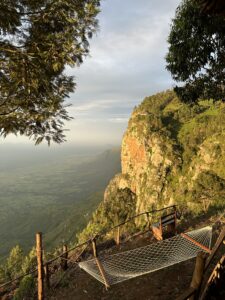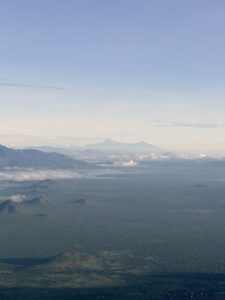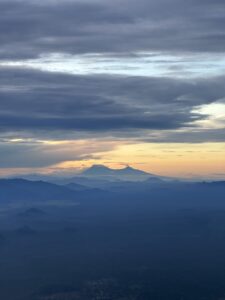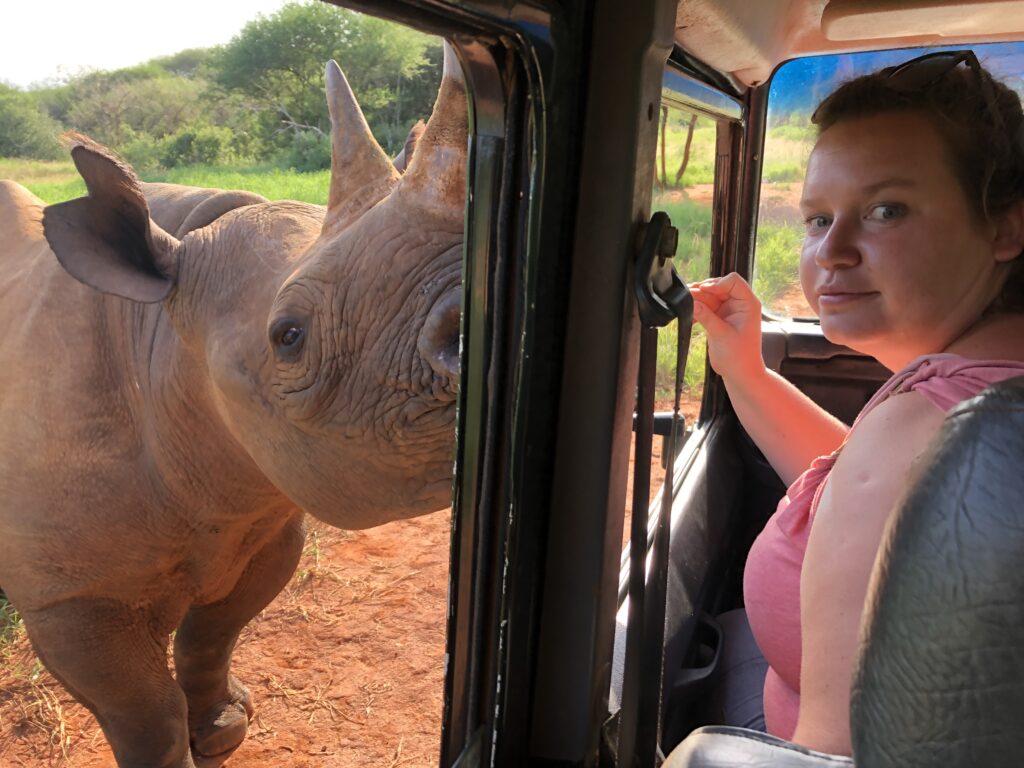Ethical climbing is not just about reaching the summit. It is about respecting the environment, supporting fair treatment for porters and guides, choosing sustainable practices, and understanding the privilege of being able to stand on such sacred ground. Below are the key principles to help you climb Kilimanjaro in a way that is responsible, respectful, and deeply rewarding.
Pack Light and Pack Responsibly
One of the most overlooked but important aspects of climbing Kilimanjaro ethically is how you pack your bags. Remember, you are not the one who will be carrying your luggage up the mountain—that responsibility falls on the porters. For them, every extra kilogram makes a difference. Overpacking not only adds unnecessary strain to their work but also undermines the principles of responsible trekking.
Ask yourself: Do I really need this item, or is it just a comfort I can live without for a few days? Stick to the essentials: proper layered clothing, sturdy boots, a warm sleeping bag, personal hygiene basics, and a few snacks. Avoid packing heavy gadgets, excessive cosmetics, or multiple outfits you won’t use. By keeping your bag light, you’re showing respect for the porters’ hard labor, reducing their load, and aligning yourself with ethical climbing values.
Responsible packing is also about quality, not just quantity. Invest in durable gear that won’t fall apart mid-climb and force porters or guides to deal with unnecessary complications. And keep in mind: anything you carry up must come down—so avoid single-use plastics or items that create waste on the mountain.
Ethical Kilimanjaro Packing List (Essentials Only)
-
Clothing:
-
Base layers (moisture-wicking tops and bottoms)
-
Fleece or insulated jacket
-
Waterproof shell jacket and pants
-
Warm hat, gloves, and thermal socks
-
Comfortable trekking clothes for lower altitudes
-
Good hiking boots (broken in, not new!)
-
-
Camping gear (if not provided):
-
Sleeping bag rated for sub-zero temperatures
-
Lightweight sleeping mat
-
-
Personal items:
-
Reusable water bottle or hydration bladder
-
Headlamp with extra batteries
-
Biodegradable soap and toiletries
-
Quick-dry towel
-
Small first aid kit and personal medications
-
-
Other essentials:
-
Energy snacks (nuts, dried fruit, chocolate)
-
Sunglasses and sunscreen
-
Reusable cloth bags (for waste and dirty clothes)
-
Passport, insurance, and permits
-
If it’s not on this list, think twice before bringing it. Your future self—and your porter—will thank you.
Choose a Responsible Tour Operator
The operator you choose makes one of the biggest differences in whether your climb is ethical. Tanzania has hundreds of companies offering Kilimanjaro climbs, but not all of them treat their staff fairly or follow sustainable practices.
Look for operators that are members of the Kilimanjaro Porters Assistance Project (KPAP) or work transparently with porter advocacy groups. This ensures that porters receive fair wages, proper meals, decent accommodation on the mountain, and limits to the weight they carry (usually no more than 20 kg per porter). Ethical operators also provide their staff with adequate gear so that no one climbs in sandals or without warm clothing.
A good rule of thumb: if the price seems “too cheap to be true,” someone—usually the porter—is paying the hidden cost.
Respect the Porters and Guides
Without the hard work of porters, no climber would reach the summit of Kilimanjaro. They are the unsung heroes of every expedition—carrying tents, food, and equipment while moving up the same steep trails as you. Treating them with respect is central to ethical climbing.
-
Greet them, learn their names, and share stories along the way.
-
Tip generously and transparently (use group tipping ceremonies when possible so that every worker receives their share).
-
Never encourage porters to carry overweight bags or push them to go beyond their limits.
Think of them not as employees, but as partners who make your adventure possible.
Leave No Trace on the Mountain
Kilimanjaro is part of a fragile ecosystem, with forests, alpine desert, and glaciers that are already shrinking due to climate change. To preserve this natural wonder for future generations, climbers must practice the “leave no trace”principle.
-
Pack out all your trash, including tissues, wrappers, and hygiene products.
-
Use refillable water bottles instead of single-use plastic.
-
Stick to established trails to avoid damaging plant life.
-
Avoid using soap or shampoo in streams.
Remember: the only thing you should leave behind is your footprints, and the only thing you should take is memories.
Support the Local Economy
Your climb is not just about you and the mountain—it’s about the communities around it. Choose locally owned operators, stay in Tanzanian-run lodges before or after your trek, and buy souvenirs directly from artisans. Every dollar you spend locally helps support families and gives back to the community.
Even small gestures matter. Eating at local restaurants instead of international chains, tipping fairly, or buying Maasai beadwork directly from women’s cooperatives can create meaningful positive impact.
Prepare Physically and Mentally
Climbing Kilimanjaro is a challenge, but one that thousands of people accomplish each year with the right preparation. Ethical climbing also means preparing your body so that you don’t put unnecessary strain on the guides and medical staff. Train by hiking, running, or cycling in the months before your climb. Learn about altitude sickness and listen to your guides’ advice.
A well-prepared climber is a safer climber, which benefits not only you but also the entire team supporting you.
Travel With Gratitude
Finally, climbing Kilimanjaro ethically is about attitude. Approach the mountain, its people, and its culture with humility and gratitude. You are a guest in Tanzania, standing on sacred ground that has spiritual significance for local communities.
Respect cultural norms, learn a few words of Swahili (even a simple “Asante sana” – thank you very much – goes a long way), and remember that success is not just reaching Uhuru Peak. It is about the relationships you build, the respect you show, and the awareness you carry with you long after you descend.
Conclusion
Kilimanjaro is more than just Africa’s highest mountain—it is a symbol of human endurance, natural beauty, and Tanzanian hospitality. To climb it ethically is to recognize that your experience is made possible by many hands: the porters who carry your load, the guides who keep you safe, and the fragile ecosystems that support life on the slopes.
By packing responsibly, choosing fair operators, respecting porters, minimizing your footprint, and supporting local communities, you ensure that your climb is not just an achievement but also a contribution to the long-term preservation of this majestic mountain.
When you stand on the summit, you’ll know you did more than just conquer Kilimanjaro—you honored it.
If you want to learn more how to organize your unique tour in Tanzania




